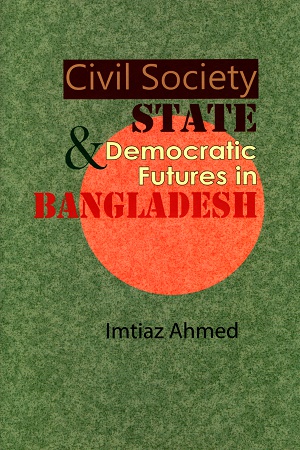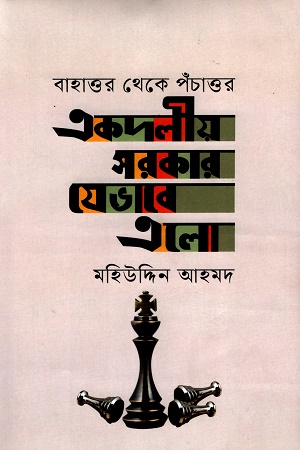Civil Society, State & Democratic Futures in Bangladesh
`Nothing changes without imagination and critical thinking. Democratic futures become critical in this context. This is because neither there is one kind of future nor there is one kind of democracy. Similar is the case with state and civil society. Our past includes the experience of three civilization quests - classical Indian, Islamic and Western, with civil society shrinking and expanding in the light of the nature of the state, whether Asokan, Mughal, British or post colonial. this is precisely in Bangladesh still carries with it the power of orality, the Baulian rejection of orthopraxies and orthodoxies, or, for that matter, the sanyasi zeal of some of the tablighis. In the context of Bangladesh, samaj, jamaa i madani and civil society are all bereft of coercive power.'
`Nothing changes without imagination and critical thinking. Democratic futures become critical in this context. This is because neither there is one kind of future nor there is one kind of democracy. Similar is the case with state and civil society. Our past includes the experience of three civilization quests - classical Indian, Islamic and Western, with civil society shrinking and expanding in the light of the nature of the state, whether Asokan, Mughal, British or post colonial. this is precisely in Bangladesh still carries with it the power of orality, the Baulian rejection of orthopraxies and orthodoxies, or, for that matter, the sanyasi zeal of some of the tablighis. In the context of Bangladesh, samaj, jamaa i madani and civil society are all bereft of coercive power.'
|
Writer |
|
|
Publisher |
|
|
ISBN |
9789845251112 |
|
Language |
English (US) |
|
Country |
Bangladesh |
|
Format |
Hardcover |
|
Pages |
160 |












































